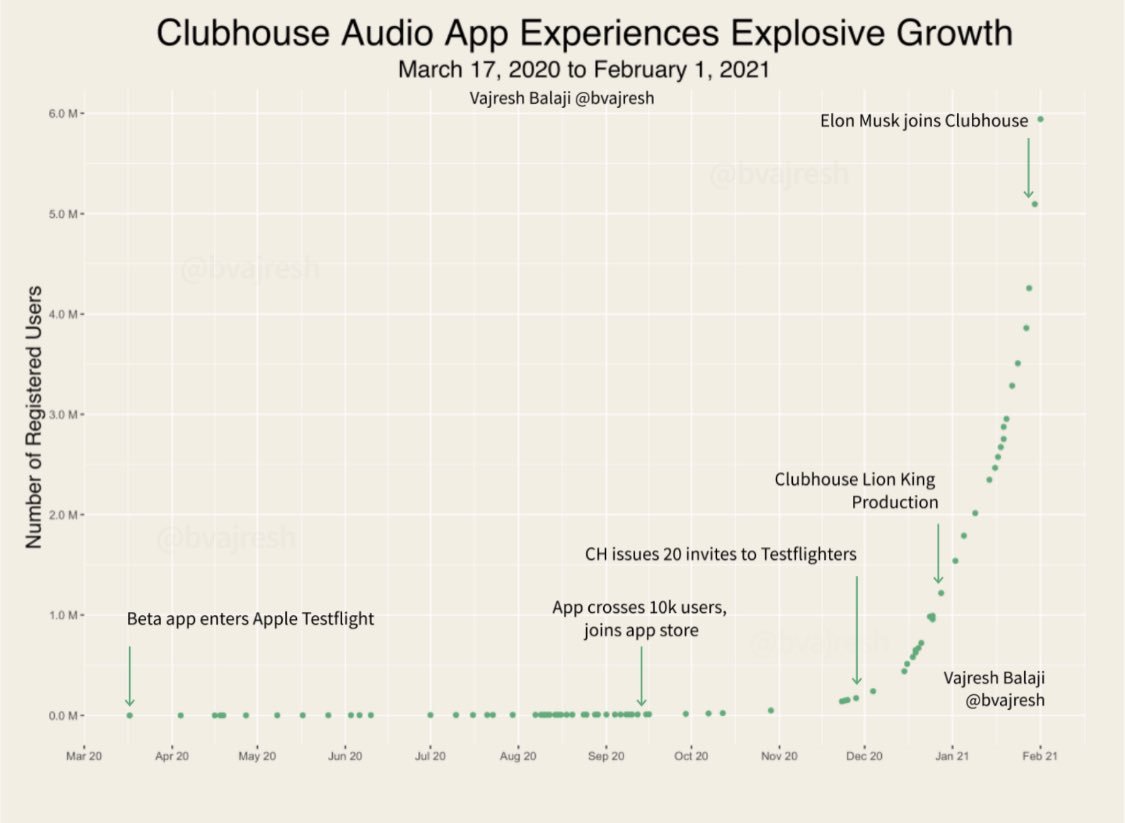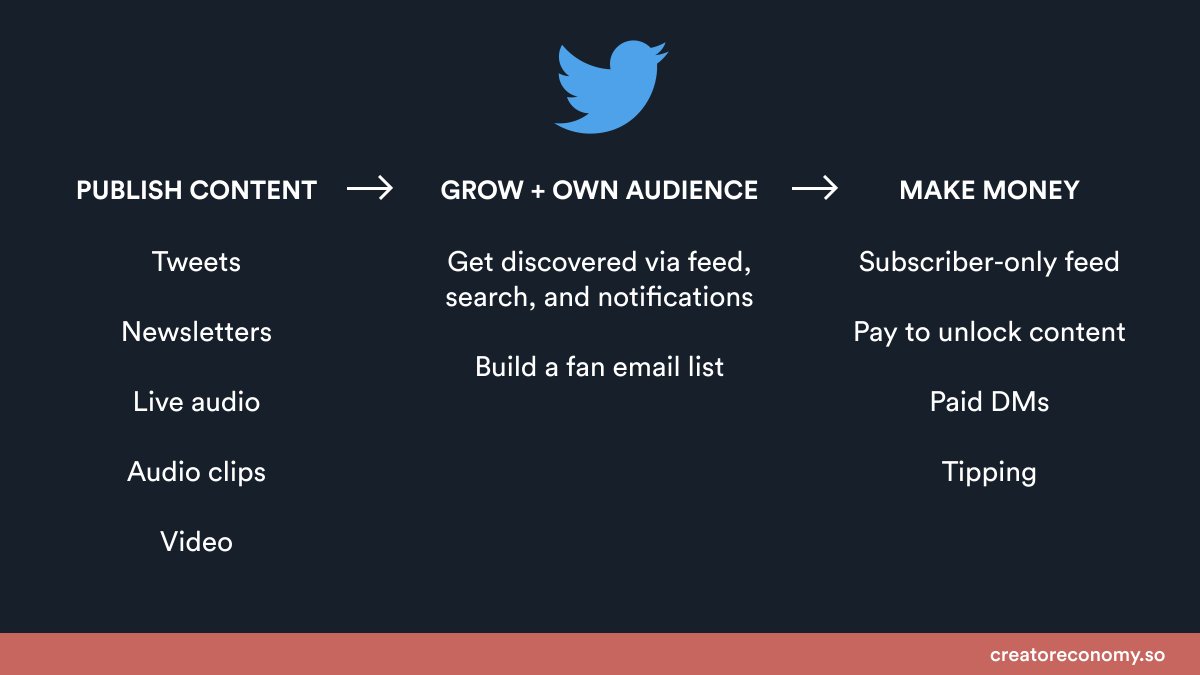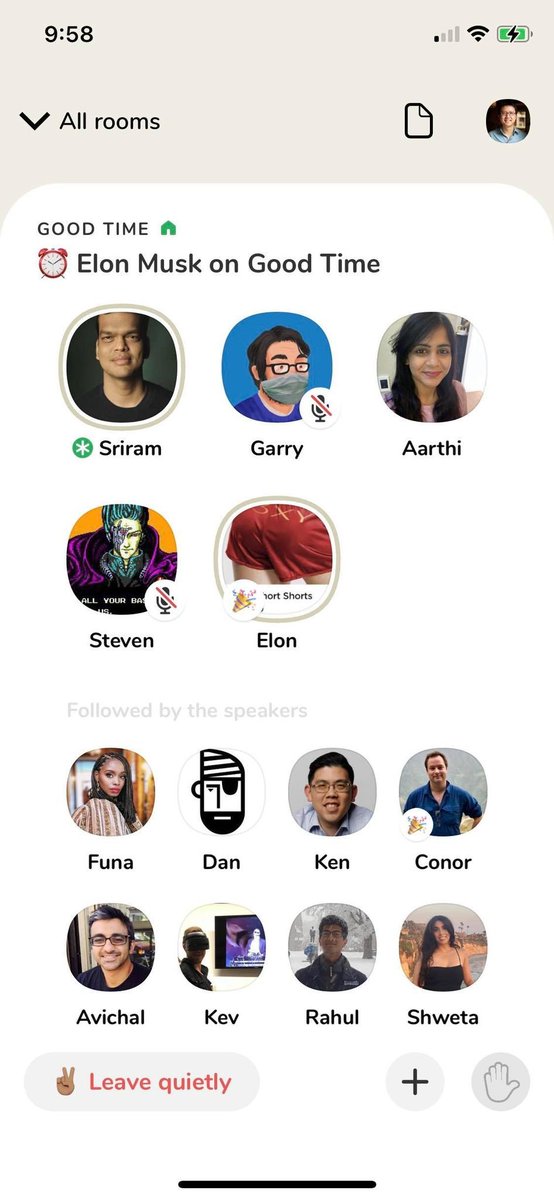
Let's say we build decentralized Twitter - where no single entity can come between you and your audience.
What will we do about the spread of hate speech, misinformation, and personal attacks?
What will we do about the spread of hate speech, misinformation, and personal attacks?
In some ways, Reddit is a good case study:
1. Each subreddit has its own rules
2. Reddit also has platform level rules
3. Reddit will step in to ban a community if they feel that #2 is violated (e.g., /r/TheDonald)
With real decentralization, there is no step 2 or 3. 🤔
1. Each subreddit has its own rules
2. Reddit also has platform level rules
3. Reddit will step in to ban a community if they feel that #2 is violated (e.g., /r/TheDonald)
With real decentralization, there is no step 2 or 3. 🤔
I think it comes down to, who decides what the rules are?
A company/government/etc
Users in a community
Users across all communities
Or maybe some people think there shouldn't be any rules at all.
A company/government/etc
Users in a community
Users across all communities
Or maybe some people think there shouldn't be any rules at all.
• • •
Missing some Tweet in this thread? You can try to
force a refresh








